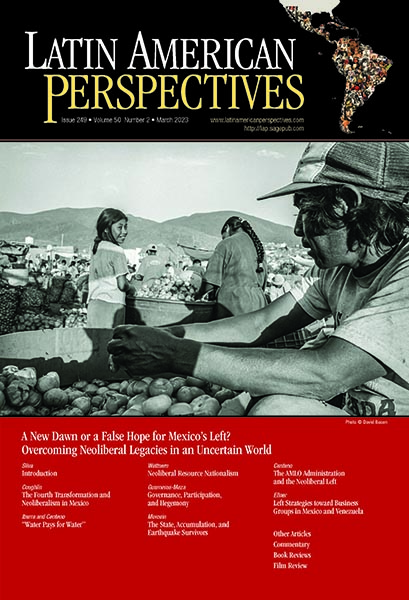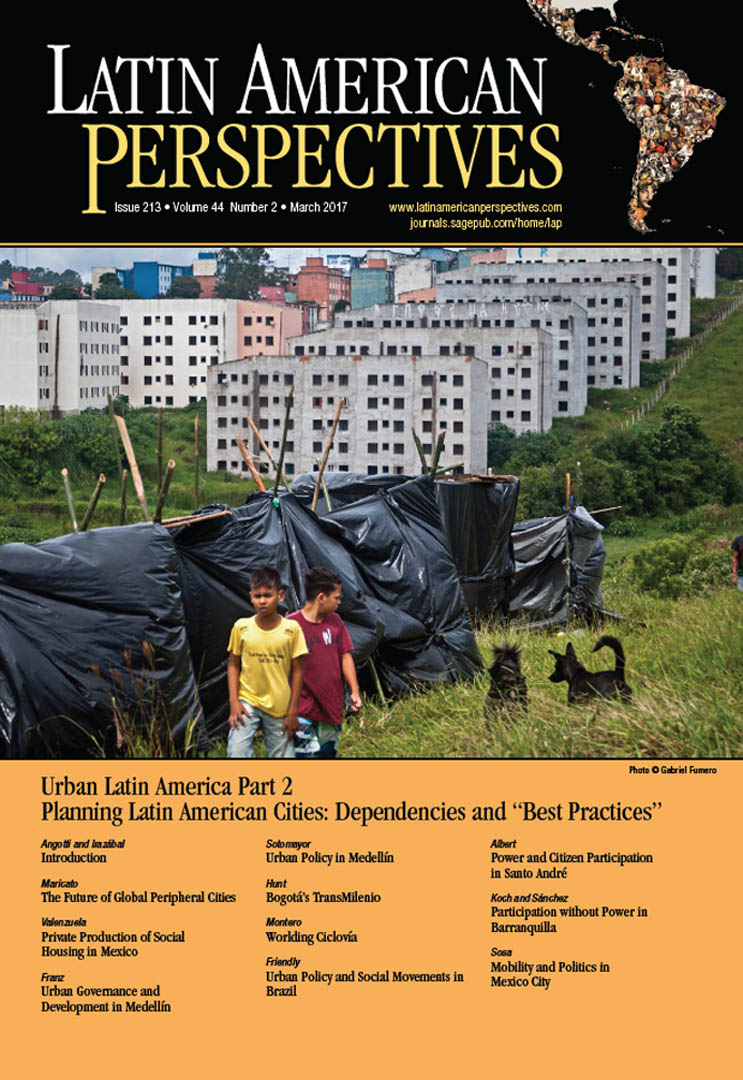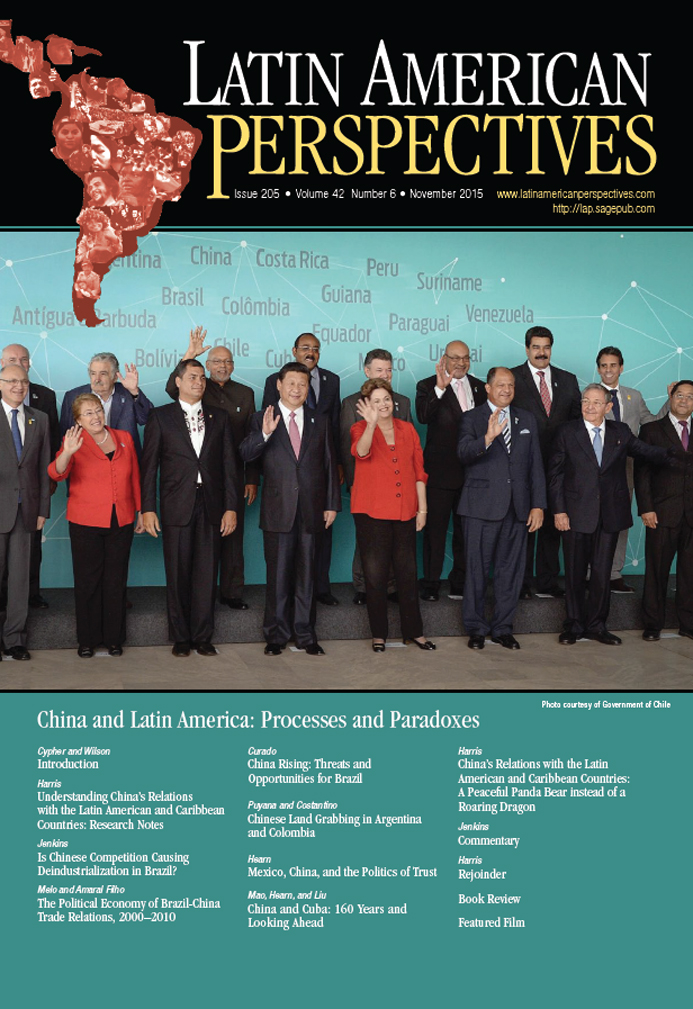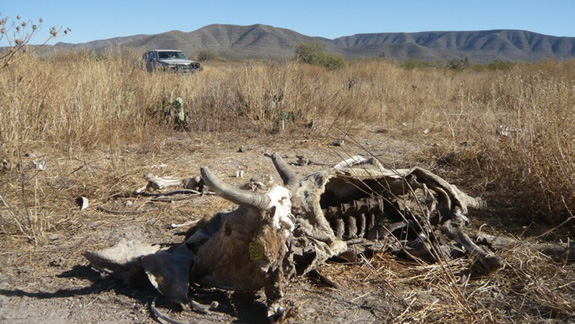New Dawn or a False Hope for Mexico
This issue, edited by Verónica Silva and Jorge Márquez, offers an assessment of how the “Fourth Transformation” of AMLO has responded to the catastrophes left behind by the utterly failed neoliberal policies of the preceding decades. The authors address significant questions such as: Will it provide an effective bulwark against the return of neoliberalism in whatever form it may reinvent itself or will this latest pivot to the left stumble and succumb to the interests of capital, domestic and global? Indeed, what is the left nowadays, what are the prospects for a broad, successful resurgence, and is AMLO’s brand anything but left? What are the important economic, political, cultural, and ideological fault lines that we should think deeply about?Their contributions, including struggles over water privatization, PEMEX, mining concessions, and earthquake recovery, highlight the danger of confusing incremental improvements in isolated areas of economic and political life with a larger and self-sustaining transformation. They critically examine the relationship of a weakened state to big capital and criminal organizations and offer varying perspectives ranging from considering Obradorismo as a domesticated, neoliberal populism “looking for the love of big capital” to viewing AMLO’s friendly policies toward some large capitalists as a pragmatic policy [...]






